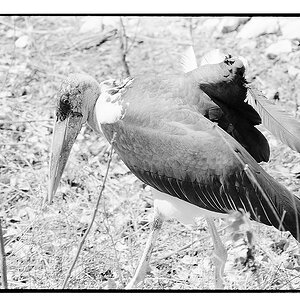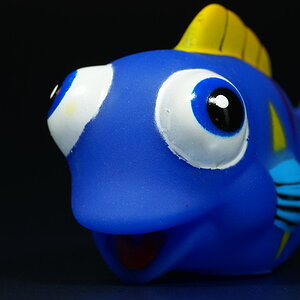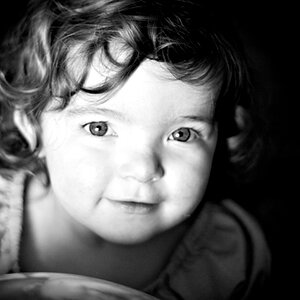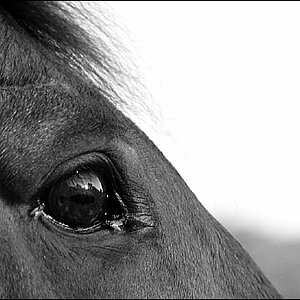jbylake
Dodging the Men in Black
- Joined
- Jul 23, 2009
- Messages
- 730
- Reaction score
- 35
- Location
- State of Confusion.
- Can others edit my Photos
- Photos OK to edit
Hmmm, another film/digital poll. :meh:
So far, so good - but I'm just popping in here to say that the second the tone goes flat in this thread, it will vanish.
That's o.k., wasn't trying to set the world ablaze. And I'm glad the responses didn't turn into a "what's better - digital or film". I was just kind of curious, and I really have to say that I'm totally suprised by the responses.
I actually thought "digital only" would be way out in front. The mix of responses really amazes me.
Thanks, for your reply,
J.:mrgreen:


 There's always one in every crowd....
There's always one in every crowd....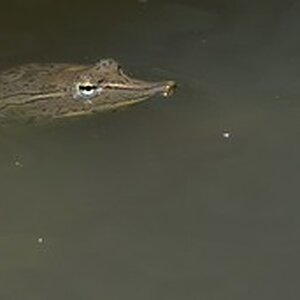
![[No title]](/data/xfmg/thumbnail/38/38725-bdf734721ecaad862bb3e3a856c81df5.jpg?1619738702)

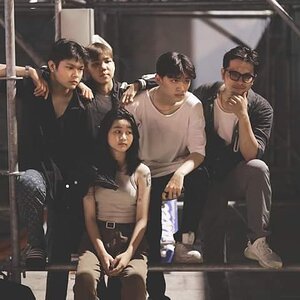
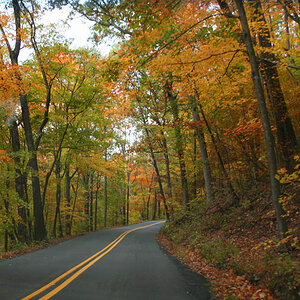
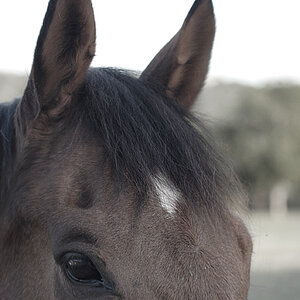
![[No title]](/data/xfmg/thumbnail/32/32926-ec27ecead8c80d803404500d8f888dbf.jpg?1619735754)

